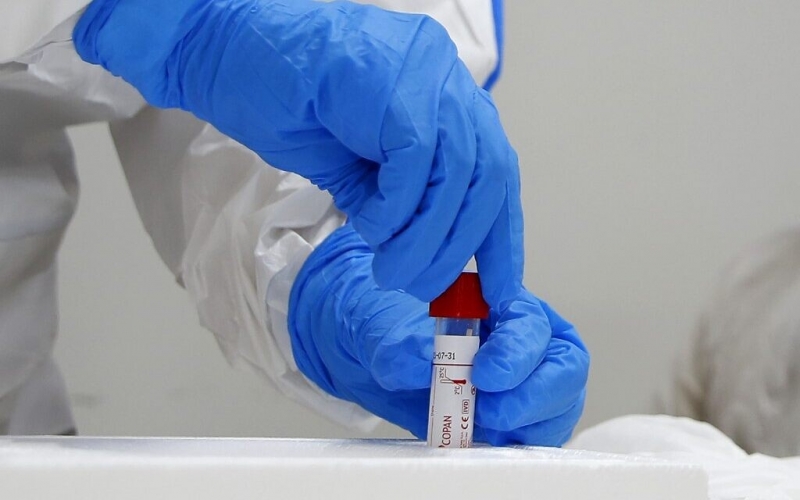
[ad_1]
In several countries, plasma from donors cured by Covid is converted into anti-Covid immunoglobulin. The advantage of the new drug is that it can be much more effective than plasma, due to the maximum concentration of antibodies. In Romania, the production of this drug is impossible.
Read also: SURVEY OF THE COURSE – Ranking of parties in local elections
In Korea, plasma is already being converted into anti-Covid immunoglobulin, a revolutionary drug that can give patients in serious condition extra life, Mediafax reports.
Advanced trials for this innovative drug are already underway in Japan, Germany, Switzerland, Italy, Spain, and Israel, and early results are promising.
“When we administer plasma, we don’t know exactly how many antibodies we give to that patient, when we administer immunoglobulin we know exactly how many antibodies we put into each vial of immunoglobulin. There is a need for surplus plasma that is not given to patients who are in a pretty serious condition and it’s sent to factories that extract antibodies from that plasma and produce these drugs that basically provide a standardized and maximized dose of antibodies to patients. ” explains Florin Hozoc, CEO of a company that donated 18 plasmapheresis devices to the state.
And yet, in Romania the production of this drug is impossible. Dr. Nicolaie Garofil, Secretary of State of the Ministry of Health, says that in our country, the number of plasma donors is very small and that the legislation does not allow the export of plasma to factories in Europe to receive immunoglobulins at a good price.
Since the beginning of the pandemic, no less than 700 cured Romanians have donated plasma across the country. However, the number could increase.
The Capital Blood Transfusion Center receives another plasmapheresis device from a private company.
“Basically, we are installing a second team that will double the convalescent plasma donation capacity in Bucharest. We found that there are many queues, many donor patients who want to donate plasma and who cannot be taken over by the Transfusion Center because it does not have the capacity to collection ”, added Florin Hozoc.
[ad_2]